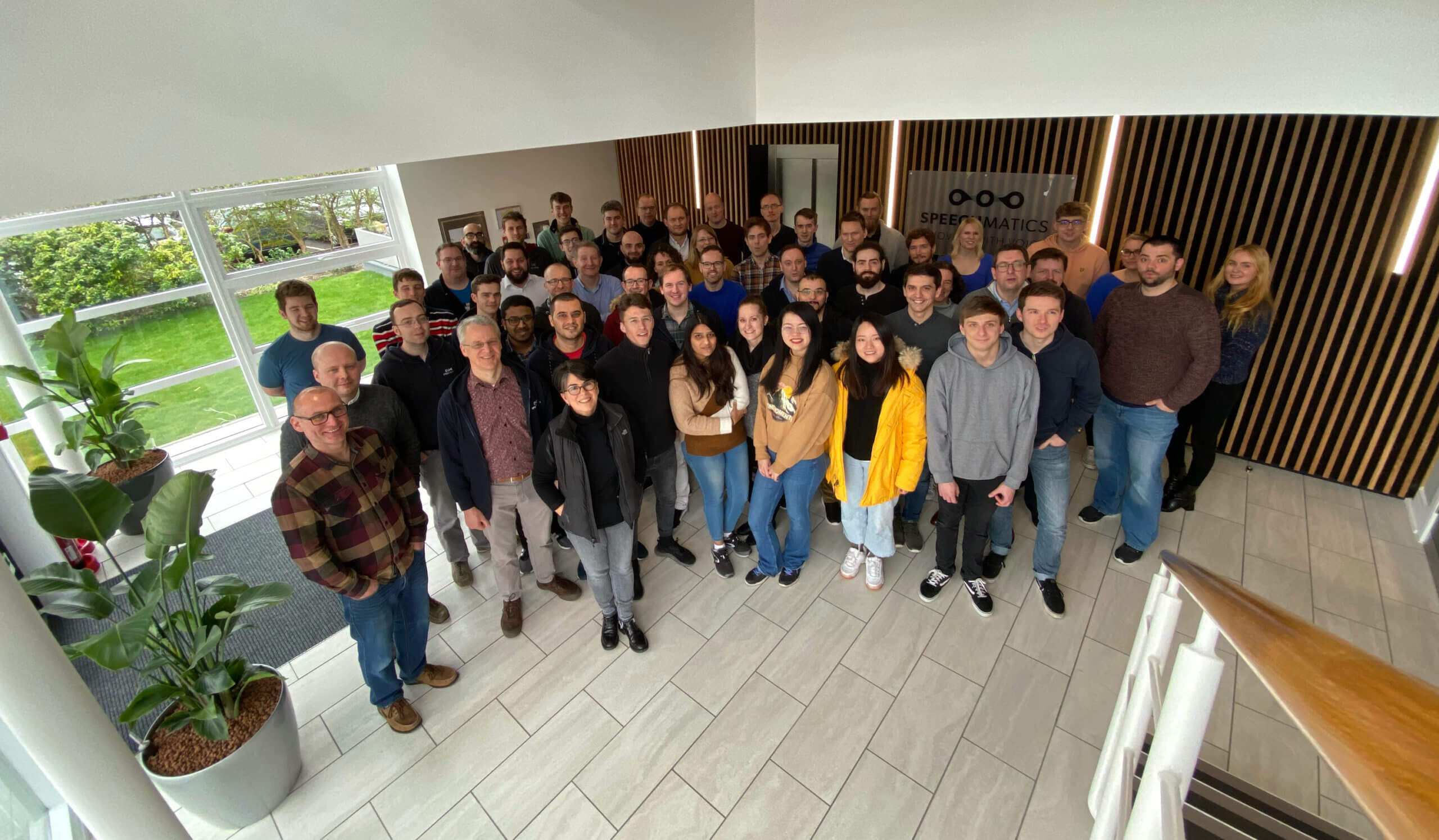Today Neurovalens, a healthtech startup headquartered in Belfast and San Diego, has raised around €5.5 million, in a round led by IQ Capital. Wharton Asset Management Company, The Angel CoFund (ACF), Techstart Ventures, Clarendon Fund Managers, and the Government’s Future Fund also contributed to the funding round, which will be used to develop the technology’s application for other conditions.
Founded in 2015, the Neurovalens’ technology was created in collaboration with world renowned research facilities at the University of California San Diego. Their vision is to use technology to influence the brainstem and hypothalamus in a non-invasive way to cure or treat neurological diseases, without the need for implanted electrodes.
CEO and co-founder of Neurovalens, Dr Jason Mckeown said: “We are delighted to receive this investment and support at such a critical time for our business. Our work in the US and the success of the trials we have run to date have demonstrated the potential of our technology and encouraged us to pursue other applications. With this financing and the backing of our investors we can accelerate our mission of delivering effective and non-invasive solutions for some of the most common and debilitating medical conditions.”
The fresh funds will be used for clinical trial research and development in the UK and abroad, as well as to hire new team members. This will facilitate the development of Neurovalens’ technology – which is going through FDA and EU regulatory approvals – towards use as an approved medical treatment around the world. Neurovalens is already in the final phase of trials for obesity, and aims to have approval for insomnia and anxiety devices in the next 12 months, with diabetes trials planned for 2021.
Kerry Balwin, Managing Partner of IQ Capital commented: “IQ Capital is delighted to further support Neurovalens on their mission to deliver medical technology that can transform the lives of those who suffer from metabolic or neurological diseases. This funding, will allow Neurovalens to accelerate their entry into the US healthcare system and to establish the technology as doctor-prescribed treatments for four of the biggest global health epidemics.”
Article originally published here.


